1733473294-0/Express-Tribune-(4)1733473294-0.jpg)
Seven more suspects have been booked for allegedly spreading provocative and false statements on social media.
According to sources, these suspects were involved in promoting anti-state propaganda and false narratives through various online platforms. Legal action is underway, and authorities are expected to arrest the suspects soon.
The accused, hailing from Karachi, have been identified as Mohammad Sohail, Mohammad Junaid, Sheikh Mohammad Ihsan, Tariq Jameel, Syed Rizwan, Mohammad Ahmed, and Babar Azeem, Express News reported.
They were using WhatsApp groups and X (formerly Twitter) accounts to spread hate-driven, anti-state propaganda.
This development comes a day after twelve suspects were also booked, with their identities confirmed. Authorities are continuing to monitor and act against those involved in such unlawful activities.
Earlier, the government had drafted an amended Cybercrime Bill, introducing stringent penalties for spreading fake news, including up to five years in prison or a fine of up to Rs1 million for individuals found guilty of disseminating false information, Express News reported.
According to reports, the initial draft had included significant revisions, including provisions for removing content that spread panic or targeted law enforcement agencies, other institutions, or individuals.
The draft also proposed the establishment of a Digital Rights Protection Authority, which would have had the authority to block or remove harmful material from social media platforms.
Sources revealed that the authority would have had the power to order the removal of content related to defamation, incitement to violence, or material intended to create fear.
The authority could also have removed content aimed at spreading hate against the state, its institutions, the judiciary, or the military.
Furthermore, the draft bill included measures to remove content that promoted religious, sectarian, or ethnic hatred, as well as content related to pornography, fake allegations, and terrorism.
The Digital Rights Protection Authority would have been led by a chairman and six members, three of whom would have been ex-officio, and the individuals affected by the authority's decisions would have had the right to challenge them in a tribunal.






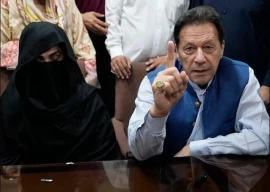

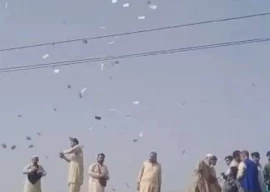


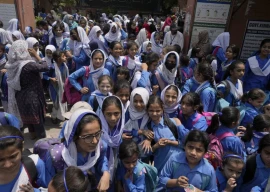

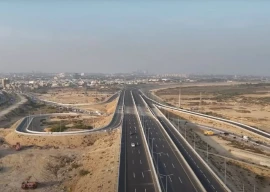
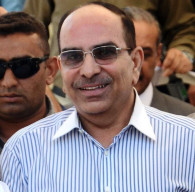

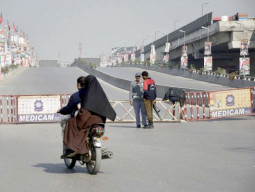






COMMENTS
Comments are moderated and generally will be posted if they are on-topic and not abusive.
For more information, please see our Comments FAQ